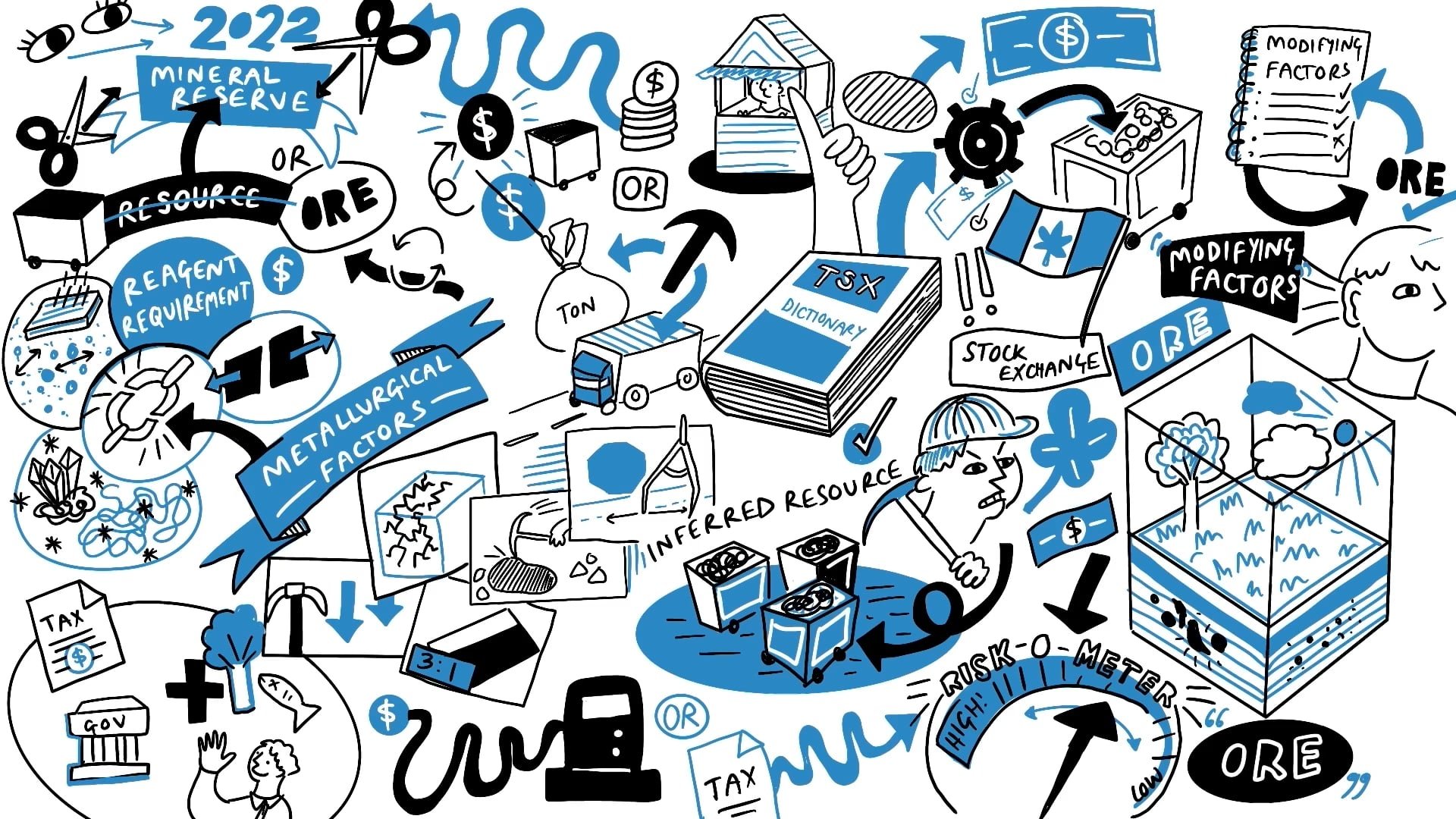An introduction to Permitting & Jurisdiction

More episodes
Transcript
In order to get your mine permits, you need local permitting and you need to get government approval.
A mining license is normally centrally granted and there are timelines and risks associated with that. It may seem like a very short topic for an episode but we'll be able to cram some good stuff in there on ESG, community liaison, and in particular, the relative risk-reward of different jurisdictions.
In some countries, it's very easy to get a mining license very quickly according to the mining code, but there may be an environmental aspect to it that takes much longer. It's really important to differentiate between the perceived appetite for the host country to develop a minerals industry and the reality on the ground in terms of which bodies you need to go through, in particular, the indigenous title and the environmental sign-off.
Some of these things can stretch out for years and years, and that has a profound impact on the investability of these projects.
On the jurisdiction side of things, there are complex factors that add or subtract to the investment case for a product in that area.
There are well-developed mineral-rich countries such as South Africa, Canada or Australia, where mining is relatively easy, but then it's also a very well explored area making it much harder for a junior company to come in and find something fresh than it is in a country where there's been very little exploration.
Equally, if you go to a country such as the Democratic Republic of Congo, Ecuador or Cote d'Ivoire, there may be a huge logical opportunity because there's been so little exploration done in the past, but it comes with other challenges.
It's that typical interplay between the opportunity and the challenge. This will feedback on the kind of project you're looking at. Obviously, if you have a more mature project in a well-established country, it will be preferable to a more mature project in a less well-established country because it will be more debt fundable. It's a much lower risk, but the chances of finding a good project or finding a high-grade, large project are much greater in a country that has been less explored and is less developed.
That's that interplay between instability and opportunity. Risk versus reward. During the episode on jurisdiction, I will look through some of the broader areas and cover off a few of the countries and areas that are often bandied about as the next great thing, or perhaps unfairly judged as a no-go zone. I'll be able to look at some of my favourite areas in there.









































.jpg)
.jpg)
.jpg)
.jpg)



















